They’re young, handsome, angry, and they want to get drunk and get laid and get high. Very, very high. Also, these gentlemen would love to have the indigenous vernacular of Ireland treated with the respect it deserves. They are Kneecap, a hip-hop trio from Belfast made of up of MCs Mo Chara, Móglaí Bap and DJ Próvaí (a play on the slang term for Provisional IRA members), and they are coming to your town to spit rhymes, take all your drugs and wreak havoc. Formed in 2017, the pioneers of Irish-language rap have gone from underground sensation to international touring act, and given the controversy around what they say — and, specifically, how they say it — has turned Kneecap into one of the most divisive musical acts in their native country. The powers that be say they’re foul-mouthed hooligans trying to reopen old sectarian wounds. Their fans think they’re rebels with a cause. The artists themselves consider what they do to be a political act. The people who make the moving pictures believe they’re 100-percent no-brainer music biopic material.
In a genre that runs the gamut from A Hard Day’s Night to Can’t Stop the Music, filmmaker Rich Peppiatt’s gonzo take on the band’s story — titled, simply, Kneecap — falls somewhere between those two markers of quality; the group may be groundbreaking, but this recounting of their struggle to achieve fame, glory, and inhuman levels of intoxication sticks to an extremely familiar template. But no one’s trying to reinvent the rotha here. All the film wants to do is introduce this rowdy group to a larger audience outside their fanbase. If it happens to get you singing along to “C.E.A.R.T.A.” and slyly slips subversive digs at colonialism, a history lesson about oppression and a staunch sense of Irish pride into your subconscious in the process, all the better. You may not like them. You will, however, know exactly why they matter.
Cheekiness is the move, right from the jump — the minute Kneecap mentions Belfast, roughly 0.003 seconds into the running time, it gives you the requisite montage of “the Troubles” and immediately cuts to a wee baby being baptized in a fairy-tale forest. This is where the future Móglaí Bap (Naoise Ó Cairealláin) will be given the holy sacrament, since his father Arló (Michael Fassbender) wants to honor their Celtic roots. Then a British helicopter interrupts the proceedings, Dad flips the whirlybird the bird, and a divine light pours down on the infant. He’s been anointed, by no less than God, to be a guardian of his culture when he grows up. But first, the kid and his fellow altar boy are gonna hot box a church congregation.
Móglaí’s partner in crime, literally and otherwise, is Mo Chara (Liam Óg Ó Hannaidh), who helps his buddy deal whatever drugs they aren’t ingesting themselves. When Mo gets busted by the cops at a nightclub, he steadfastly refuses to speak English. A translator is summoned. This is where D.J. Provaí (JJ Ó Dochartaigh) enters the picture. The officer questioning the lad is accusing him of anti-British sentiments, resisting arrest and any number of other offenses. Provaí, a music teacher by day who also speaks the mother tongue, helps get Mo out of jail. He also keeps the teen’s notebook, which is filled with both poetry and acid-blotter sheets, away from the police. Then the older man retires to his garage, pairs some of Mo’s scribblings with some tracks he’s been working on, and boom. One massive coke, ketamine and hallucinogens binge later, three stars are born.
From here, Kneecap sticks to the script, more or less laying out the group’s real-life origin tale: writing sessions that reflect turmoil at home and on the streets, clandestine recordings, run-ins with the fuzz and some local IRA wannabes, “Eureka!” moments, early gigs, viral clips, sex, drugs, more drugs, and a rock & roll energy that inspires as much as it instigates. The holy trinity of Beats, Narcotics and Resistance are present throughout.
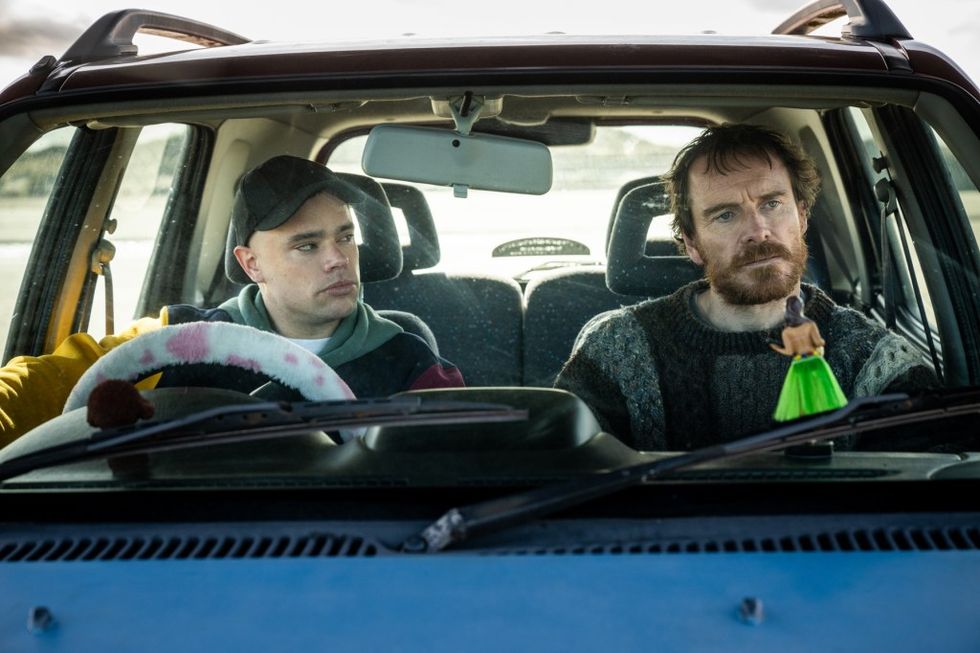
That last element, however, is the key to unlocking Kneecap as something more than just a semi-fictionalized version of the band’s backstory, or simply a collection of debauchery vignettes, each huffing Trainspotting‘s potent fumes. (There’s a kinship between Peppiatt’s film and Danny Boyle’s cult classic about Scottish junkies: Two U.K. territories bristling under a Union-Jack-wrapped thumb, one shared style that prizes adrenaline rushes, music-video aesthetics and a soundtrack with a weakness for 1990s EDM.) Rapping in Gaelic may feel like a novelty or a gimmick to those who don’t reside on the Emerald Isle, but given what the language represents — liberation, and thus a threat — it’s as much a political act as yelling “Fuck the Police.” Even before DJ Provaí starts wearing a balaclava with the country’s colors as a way of keeping his students and the school board from recognizing him, he’s already identifying their project as a form of protest. The older man is the one who pitches the boys on using their music as a way of saving the Irish language from extcintion, to keep it from being “the last dodo stuck behind glass in some zoo.” “What the fuck is a dodo?!” asks Móglaí, immediately proving the point.
This is a film that takes great pains to point out the difference between saying Belfast is located in Northern Ireland versus the north of Ireland, and note that empowering the dialect of a colonized culture is a radical gesture. “Every word of Irish spoken is a bullet fired for Irish freedom,” Fassbender’s fugitive father repeatedly notes — he’s had to fake his own death due to some connections to car bombings — and in addition to teaching Irish to both the younger Móglaí and Mo, he also gives them a specific homework lesson: “Watch a Western, but look at it from the Indians’ point of view.” Should you wonder why the trio adopts the nom du stage Kneecap, it’s in reference to the preferred punishment doled out by the Irish Republican Army back in the day.
So yes, Kneecap the movie is indeed a promotional tool for Kneecap the band, the boys’ own bespoke version of 8 Mile — a hyped-up underdog success story that plays the hits, notes the working-class roots and dramatizes the IRL notoriety for the screen. (One member did actually lose his job for mooning the crowd and writing “Brits Out” on his bare ass cheeks, but the moment still reads as a snobs-versus-slobs scene that feels lifted from a Seventies gross-out comedy.) It’s also a movie about taking a stand as much as it is about two young dudes endlessly snorting lines and dropping subtitle-requiring bars. The medium is the message.
An end disclaimer notes that Identity and Language Act (Northern Ireland) was finally passed in 2022, followed by stats on indigenous languages dying off on a weekly basis. It’s hard not to think that this proudly vulgar band rapping about getting pissed at pubs and hassled by “the peelers” helped keep Irish from being another one of those linguistic losses. And should you believe the way they honor their rich heritage is inappropriate or worse, insincere, Kneecap has a message for you in the universal language of a hand gesture.
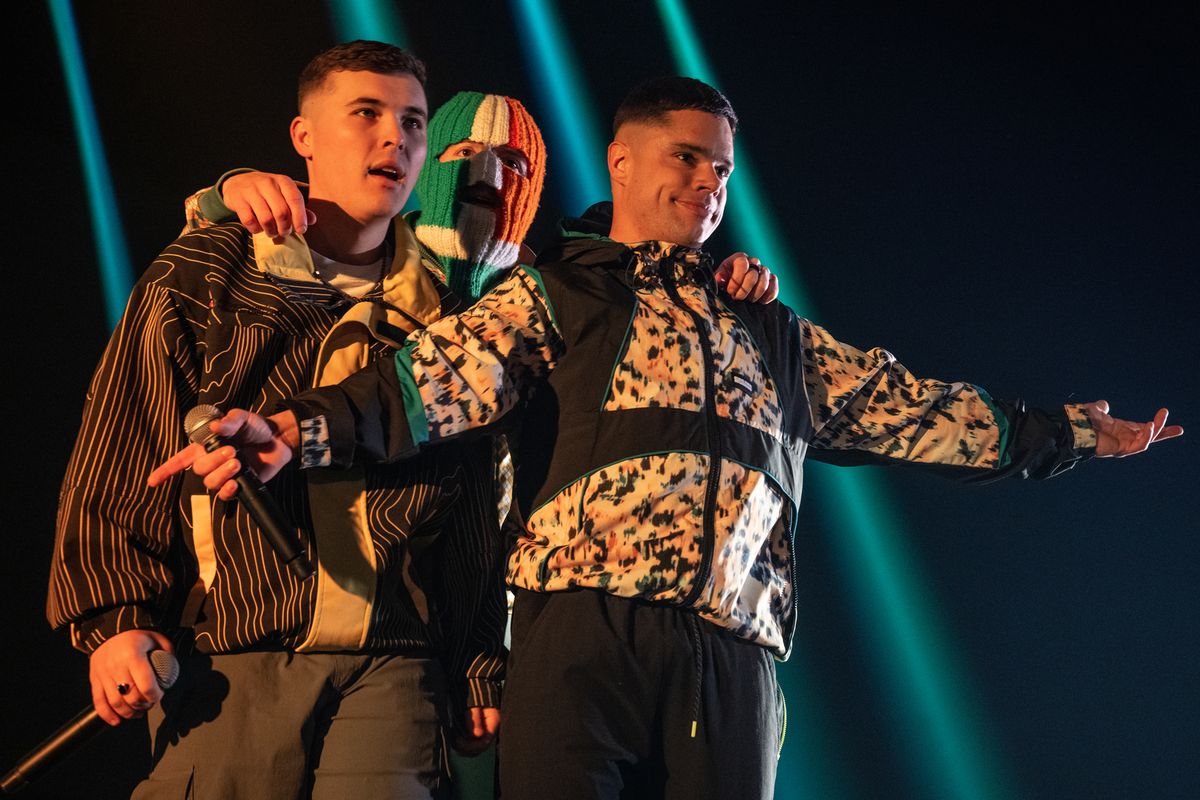






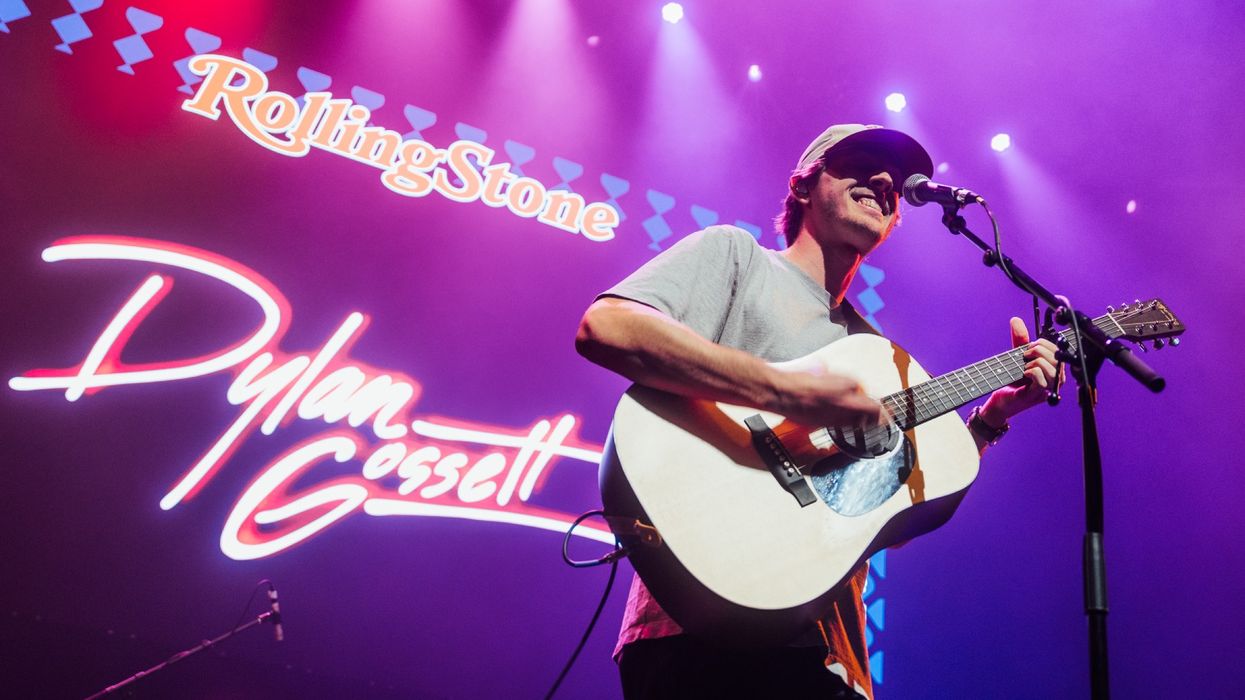

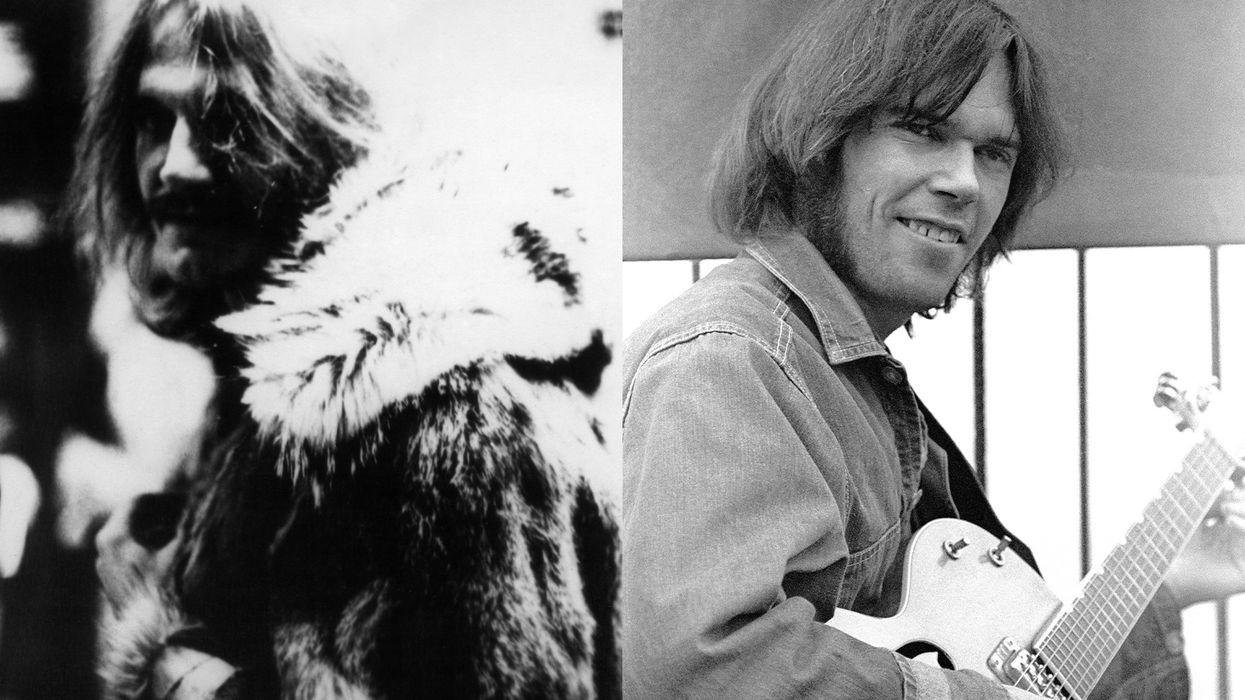
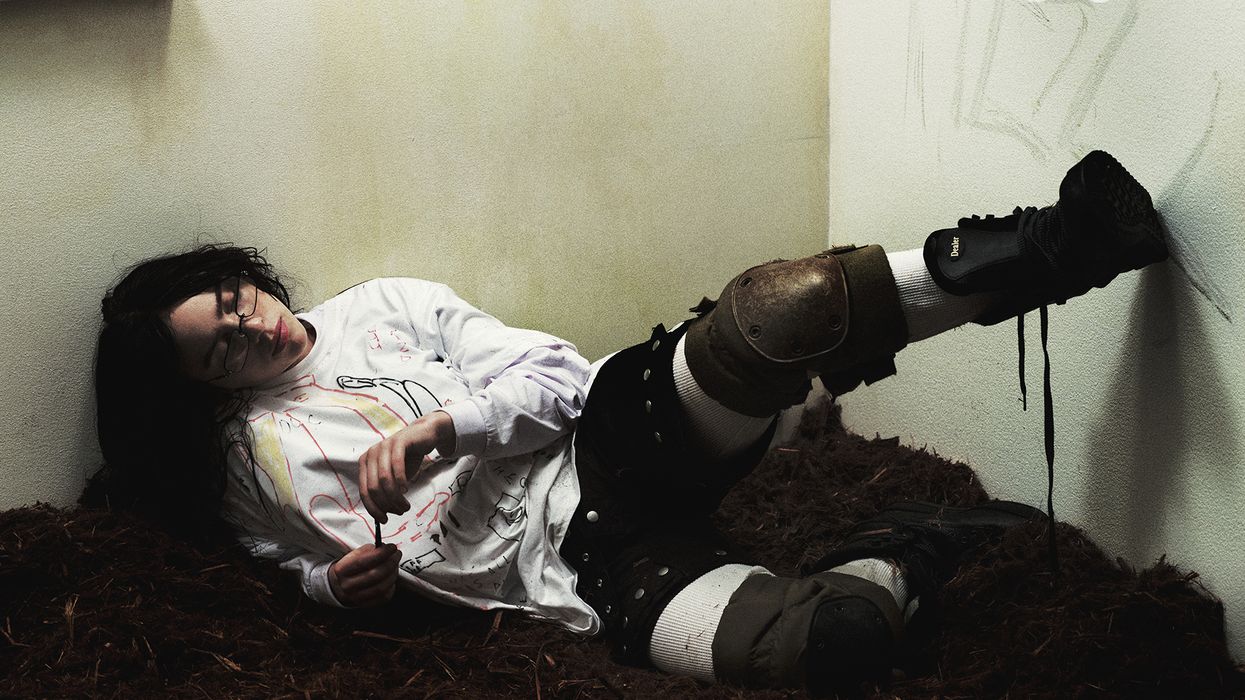
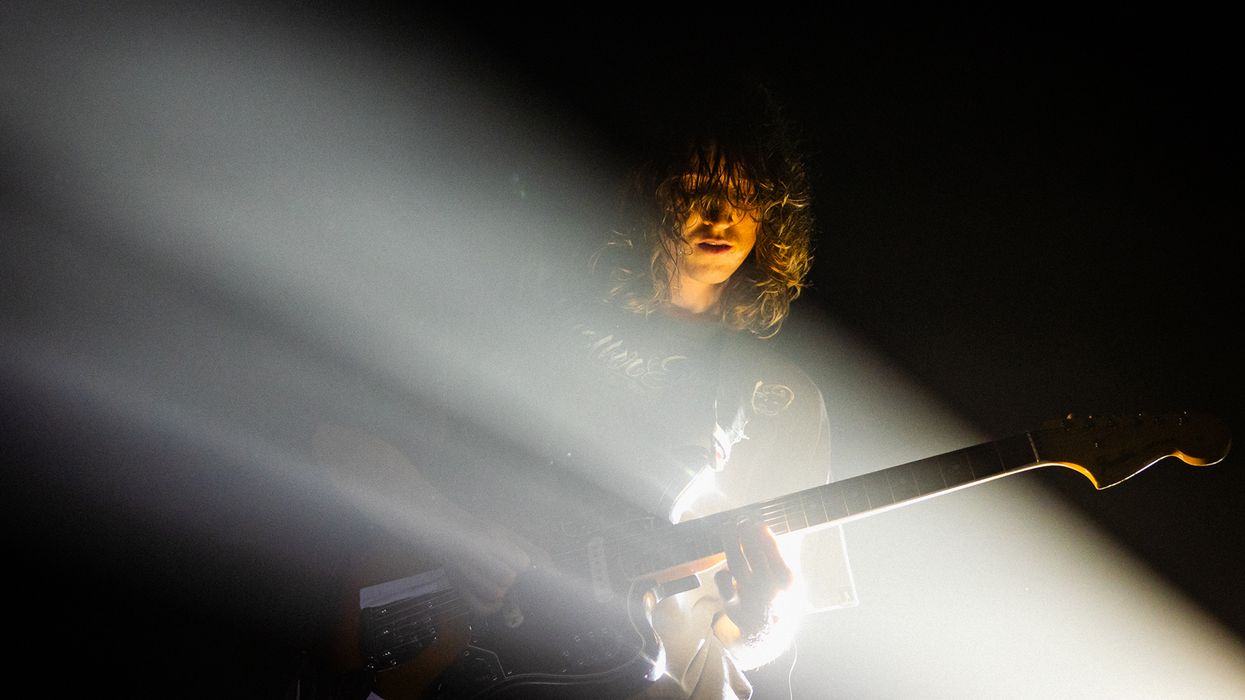

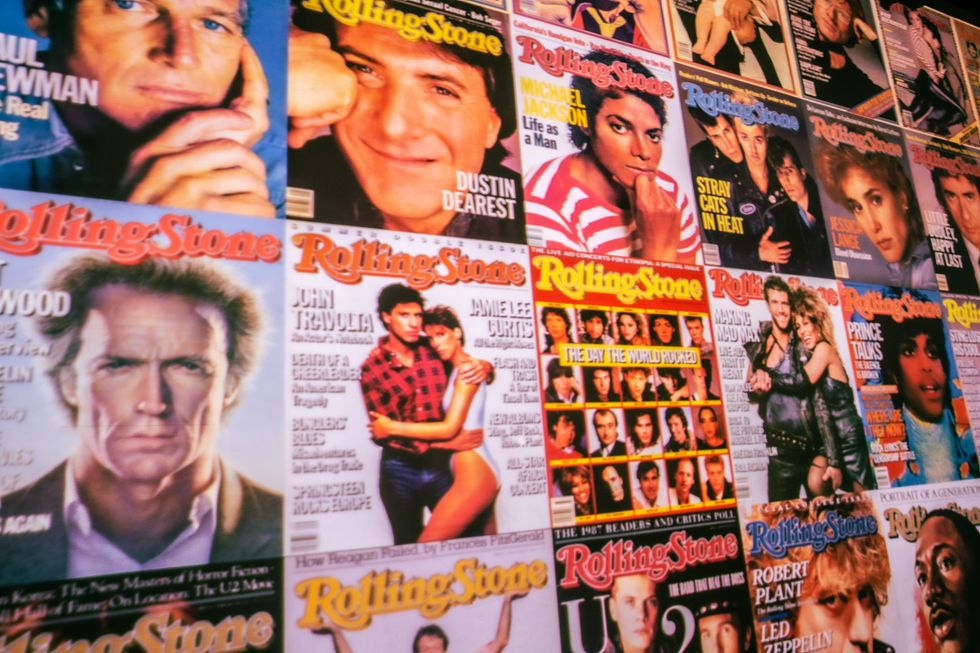
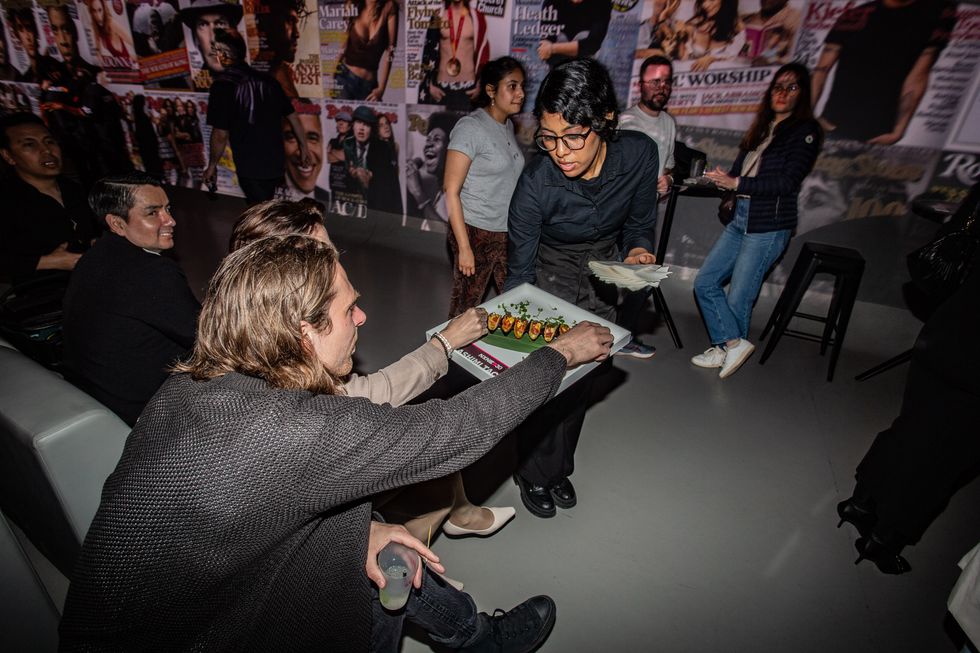 Catering Presented By The Food DudesPhoto by Snapdrg0n
Catering Presented By The Food DudesPhoto by Snapdrg0n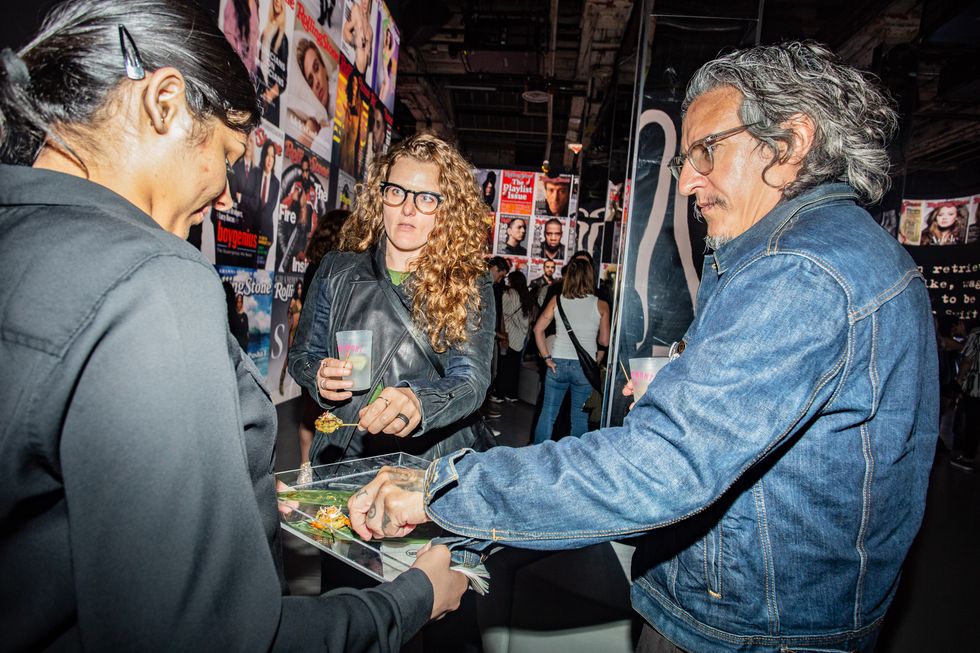 Catering Presented By The Food DudesPhoto by Snapdrg0n
Catering Presented By The Food DudesPhoto by Snapdrg0n Catering Presented By The Food DudesPhoto by Snapdrg0n
Catering Presented By The Food DudesPhoto by Snapdrg0n
 Photographer: Raphaëlle Sohier / Executive production: Elizabeth Crisante & Amanda Dorenberg / Design: Alex Filipas / Post-production: Bryan Egan/ Headpiece: Tristan Réhel
Photographer: Raphaëlle Sohier / Executive production: Elizabeth Crisante & Amanda Dorenberg / Design: Alex Filipas / Post-production: Bryan Egan/ Headpiece: Tristan Réhel Photo: Raphaëlle Sohier
Photo: Raphaëlle Sohier Photo: Raphaëlle Sohier/ Photo production: Bryan Egan/ Blazer:
Photo: Raphaëlle Sohier/ Photo production: Bryan Egan/ Blazer:  Photo: Raphaëlle Sohier/ Blazer: Vivienne Westwood/ Skirt :
Photo: Raphaëlle Sohier/ Blazer: Vivienne Westwood/ Skirt : 

